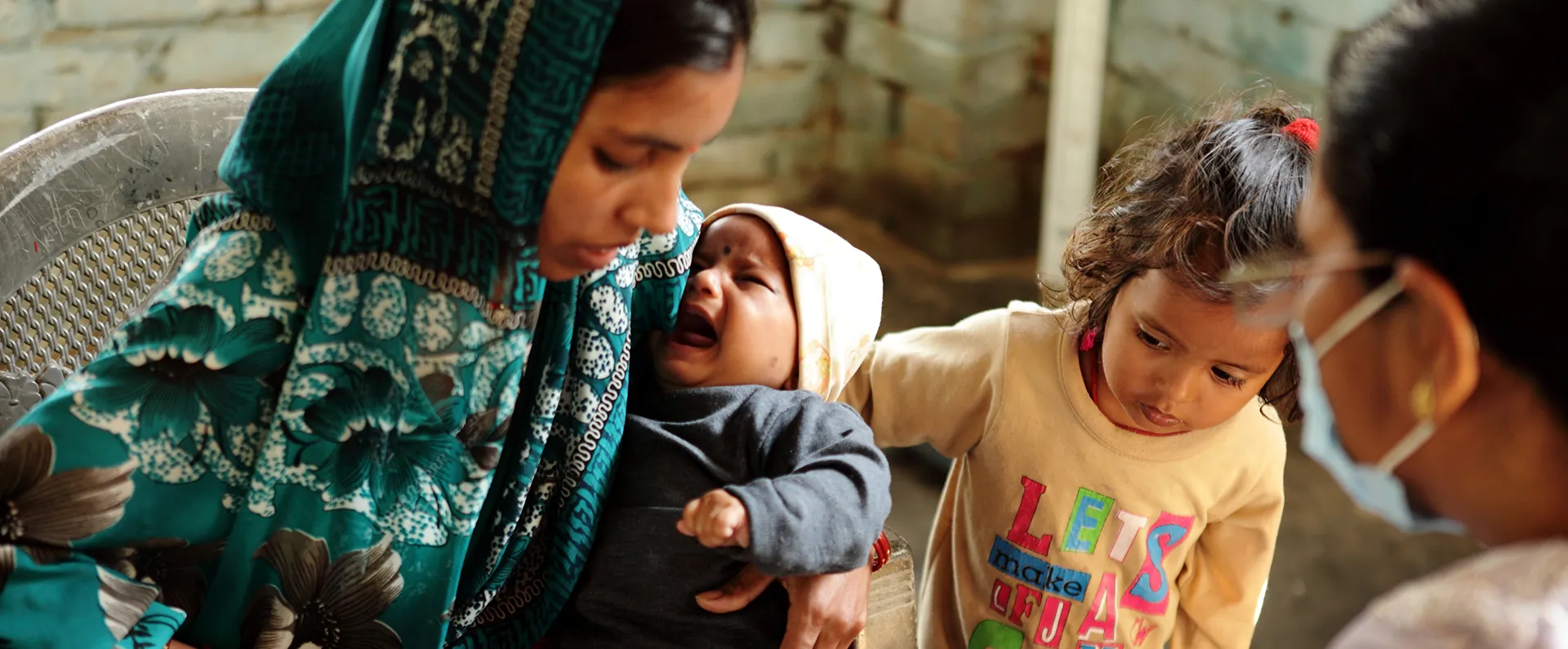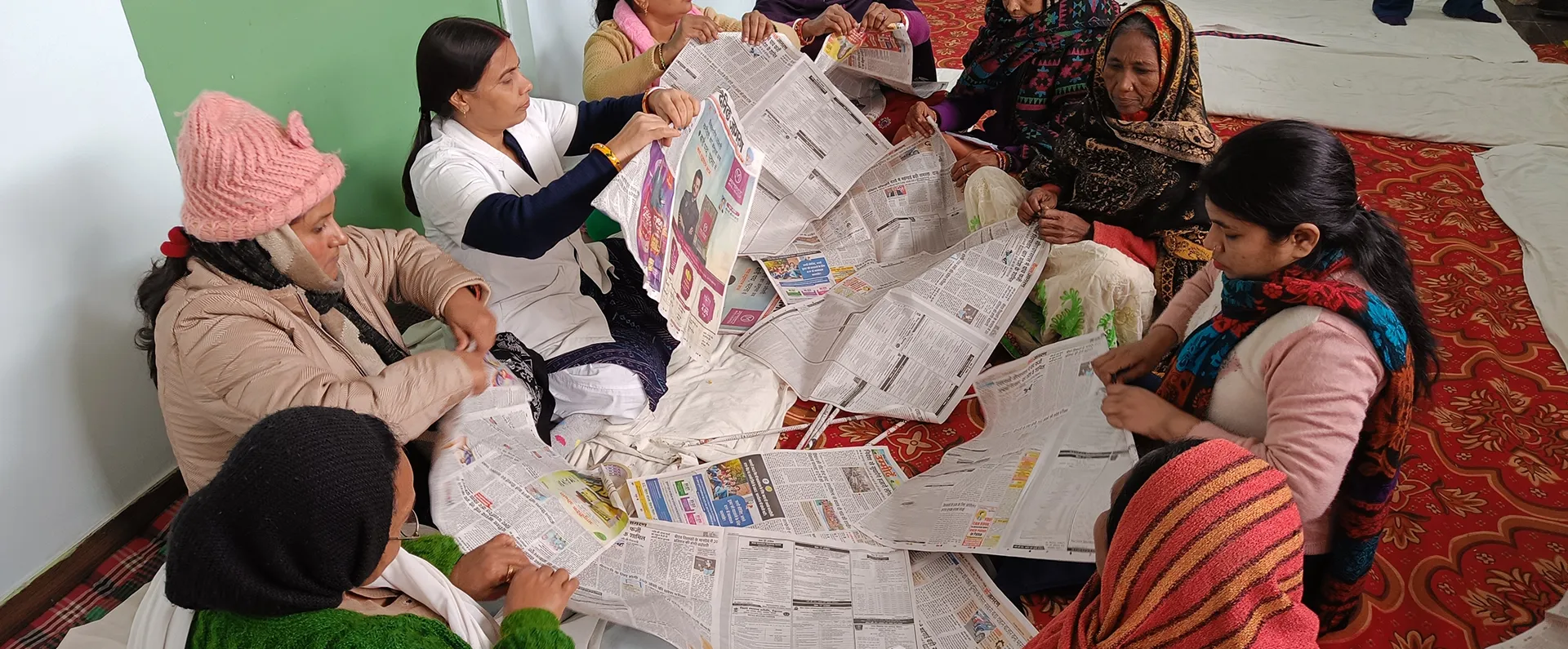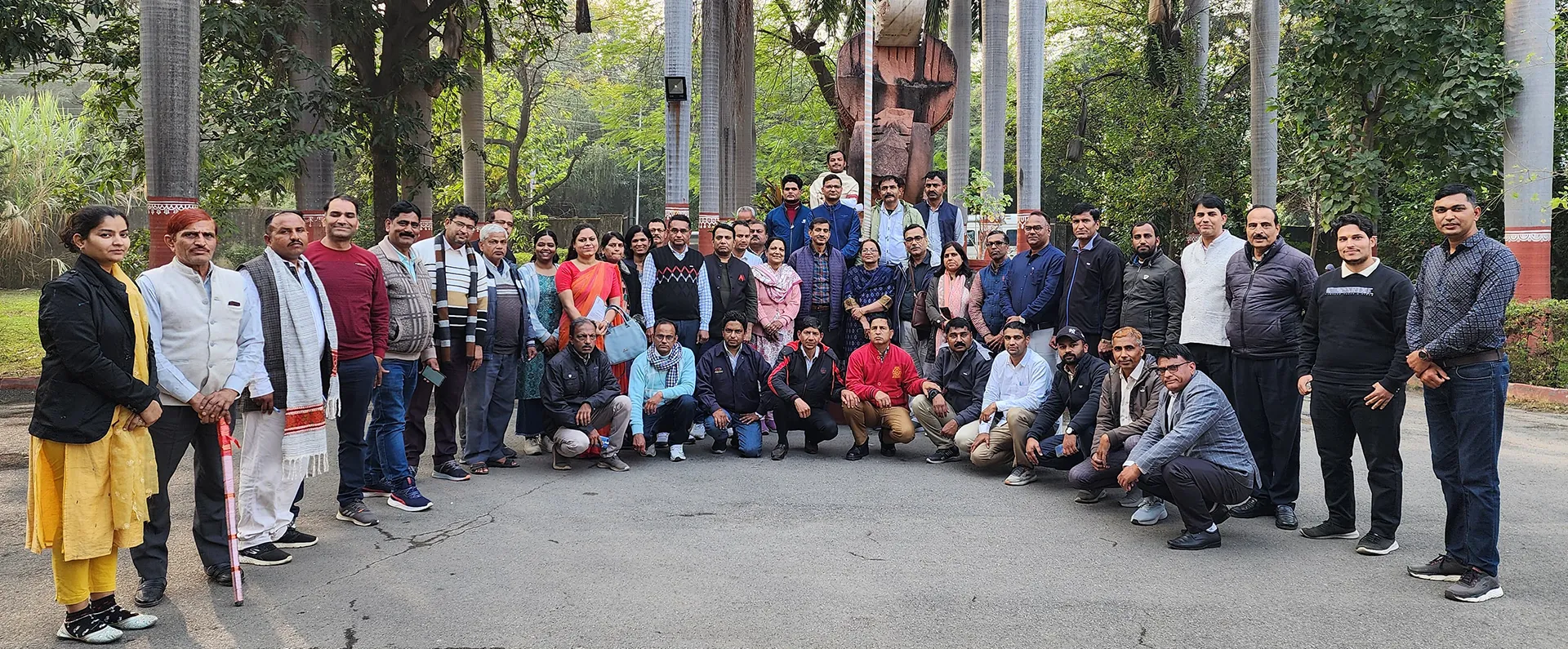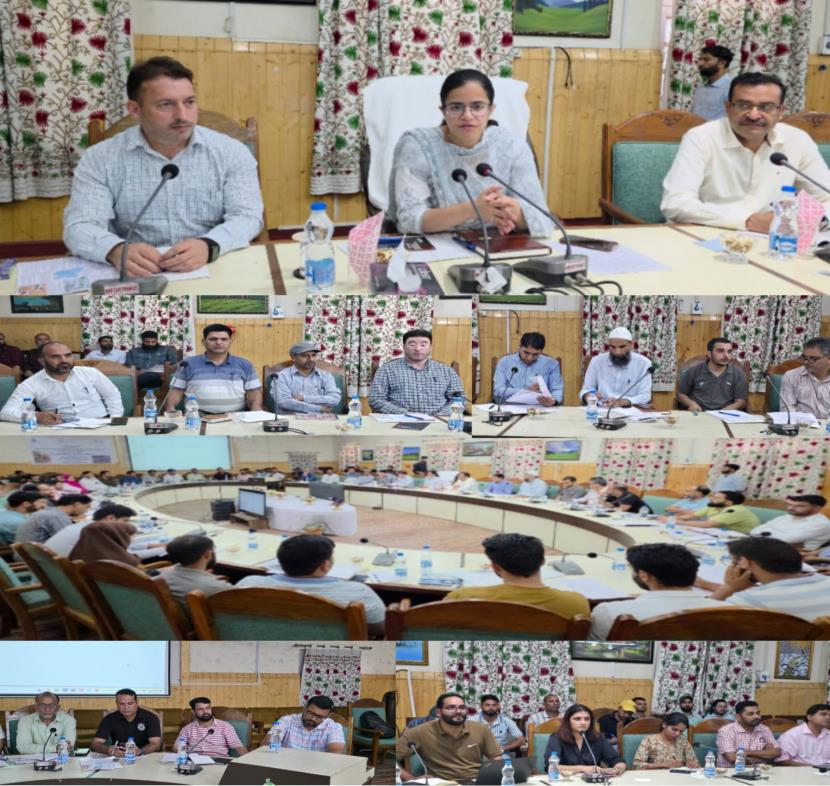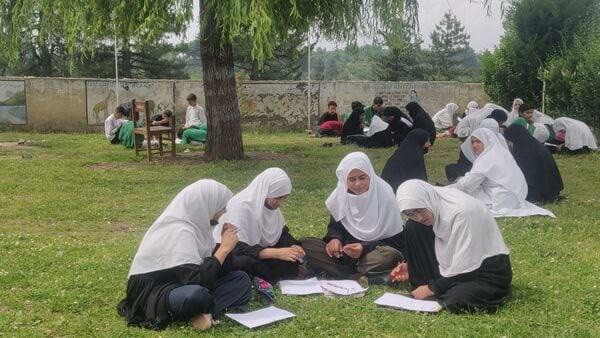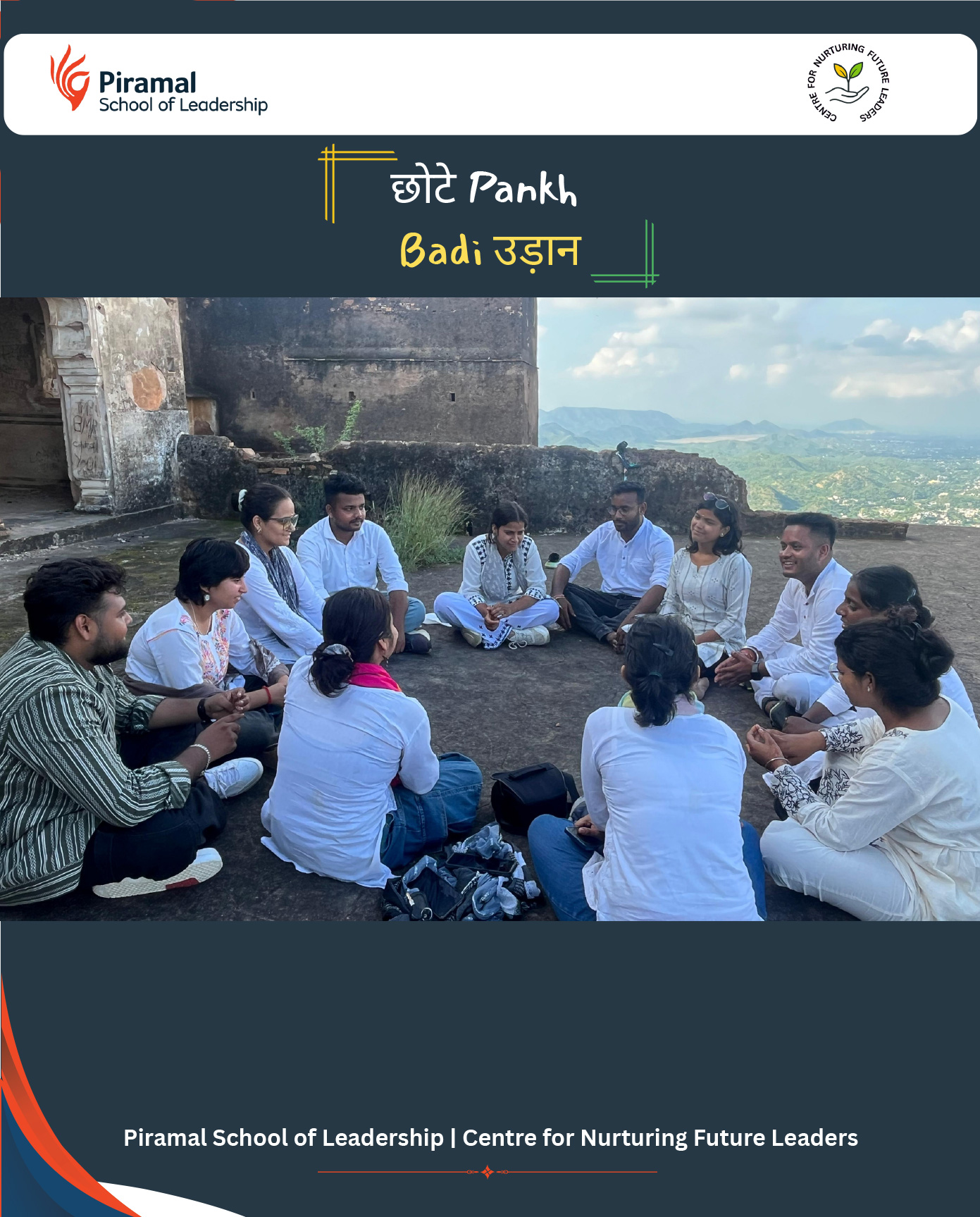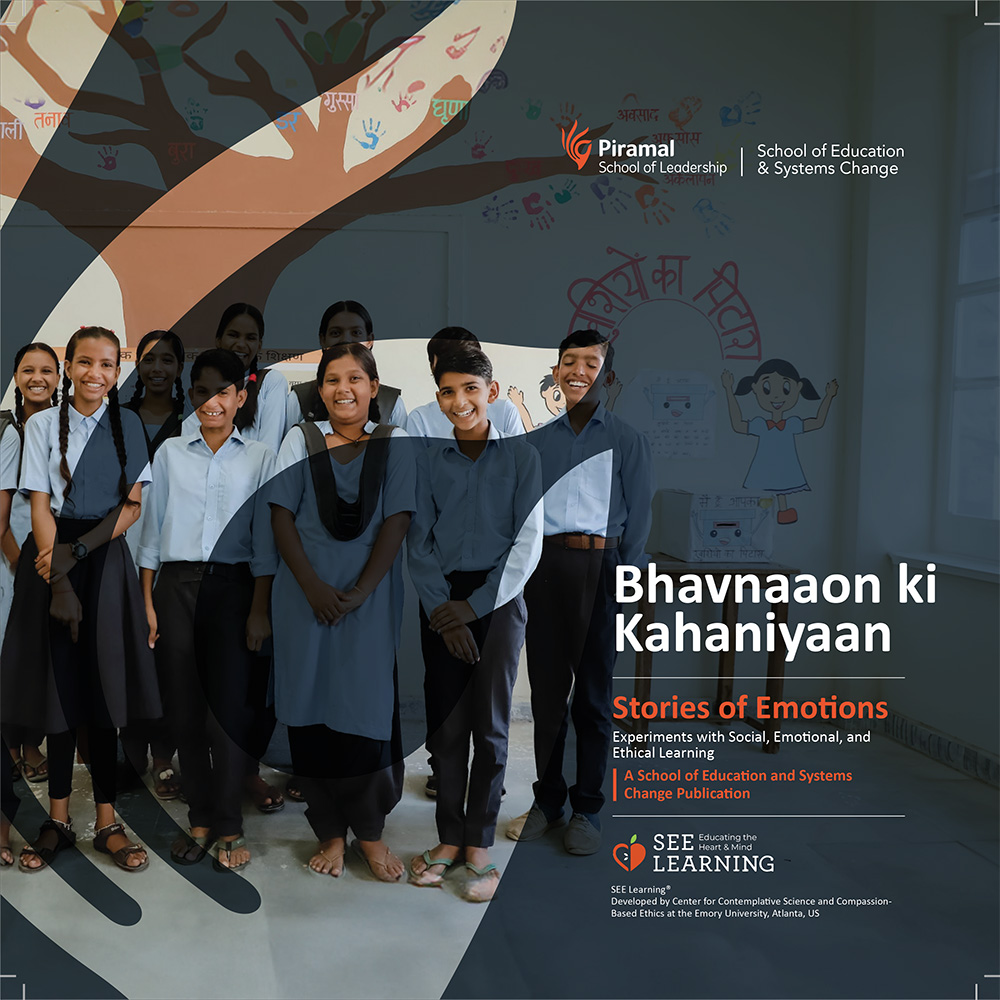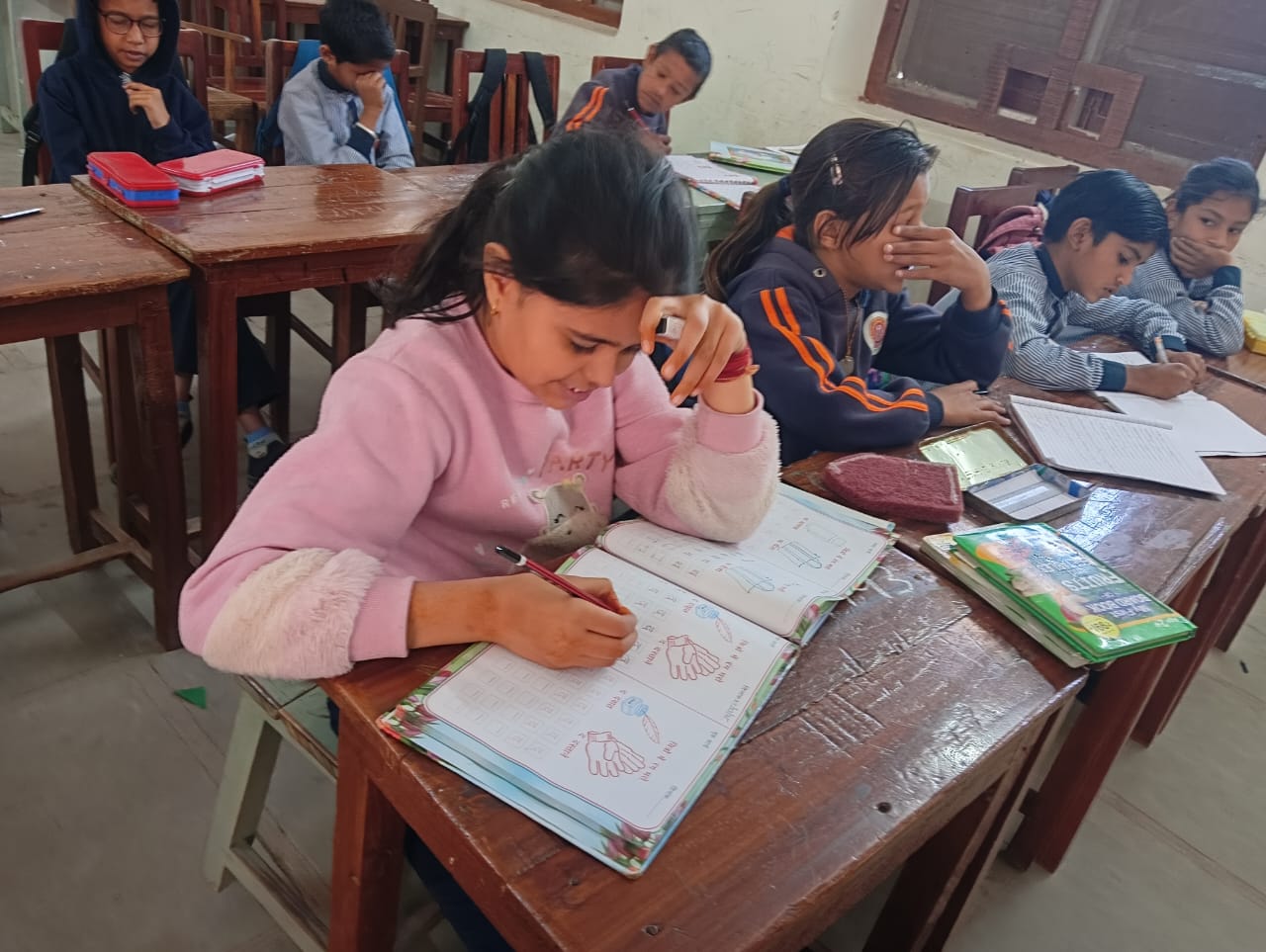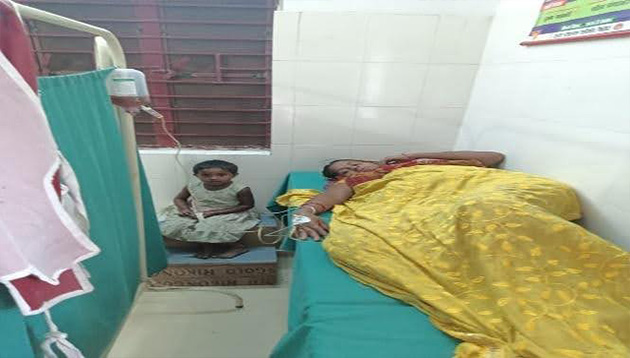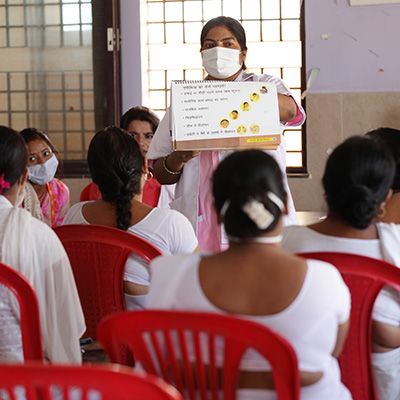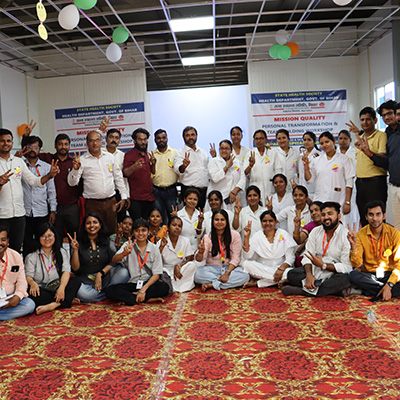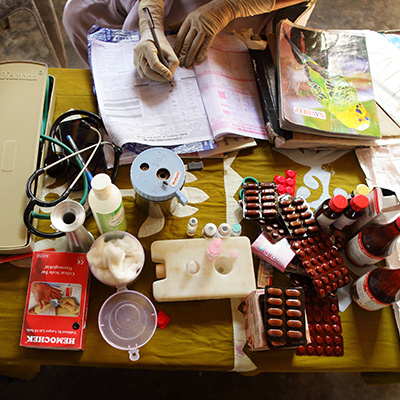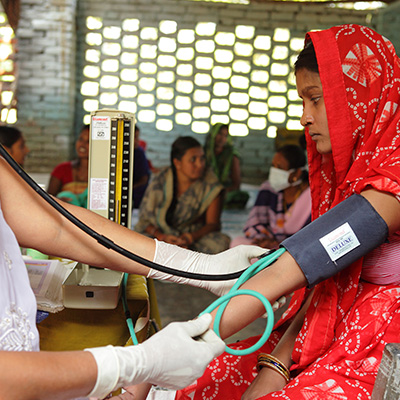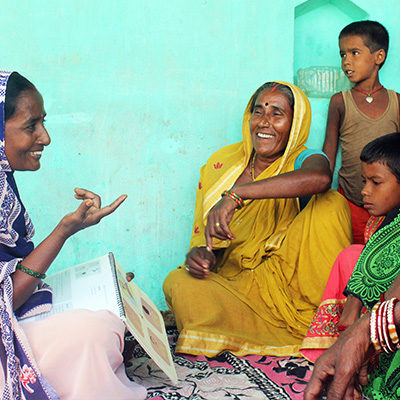Theory of Change
The School of Health’s philosophy is anchored in the bold vision of creating a nation of tempered radicals—public servants who possess the courage to challenge the status quo from within, while staying grounded in empathy, values, and purpose. We believe that true system transformation begins when individuals experience Agency to Serve - feeling empowered, supported, and intrinsically motivated to deliver services that restore dignity, trust, and compassion. To achieve this, public institutions must be intentionally designed not just for efficiency, but to unlock the full human potential of both those who serve and those who are served.
Invests in the personal transformation of individuals—enhancing reflective thinking, emotional intelligence, and collaborative leadership. This pillar enables the shift from transactional to transformational governance by developing middle managers into empathetic, values-driven changemakers.
Focuses on reengineering institutional structures by clarifying goals, redefining roles, and fostering a culture of ownership and accountability. The aim: to create systems that are not just efficient, but deeply human-centric and purpose-led.
Drives a shift from volume to value—ensuring care is both accessible and compassionate. Efforts include building soft skills in healthcare workers, improving last-mile delivery, and integrating technology to strengthen diagnostics and referral systems.
Aligns health systems with community needs and equity goals by decentralizing decision-making, promoting preventive health, and encouraging intersectoral collaboration. Strengthens trust between frontline workers and marginalized communities by integrating indigenous knowledge systems into formal care.
Acts as a continuous feedback loop that powers system evolution. Through data, frontline innovation, and iterative learning, QI cultivates a culture of excellence. Initiatives like Sitamarhi’s respectful maternal care model show how small changes lead to large-scale impact.
A cross-cutting lens that embeds gender equity at every level of the system. Goes beyond sensitivity to transformation—by challenging structural patriarchy, supporting female leadership, and ensuring safe, empowering environments for women across public health and governance.
Centres of Excellence
Together, these components reflect a comprehensive theory of change where personal transformation catalyzes systems transformation, leading to societal transformation. This vision is reflected in the Talent Systems approach of the School of Health and aligns with Piramal Foundation’s long-standing philosophy of unlocking human potential through deep empathy, structured capacity building, and collaborative innovation.
Latest Stories
Explore how change is unfolding with the latest insights, stories, and breakthroughs shaping public systems in India.


